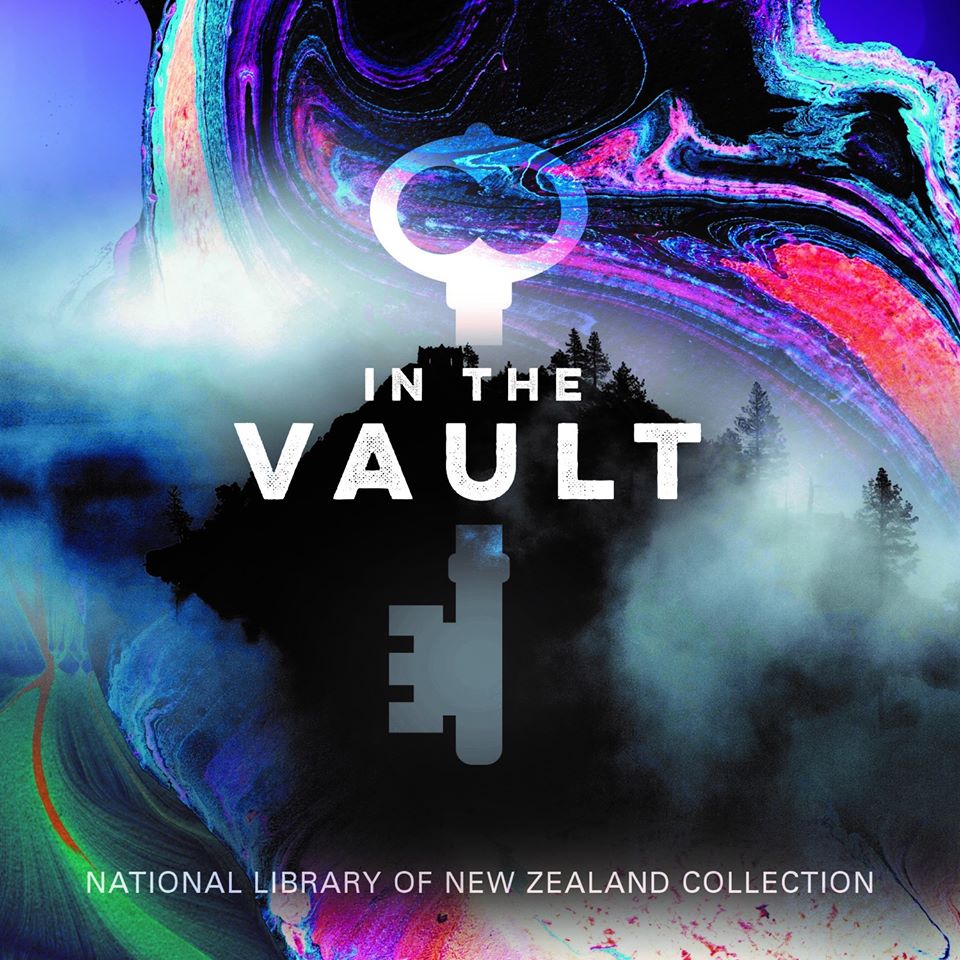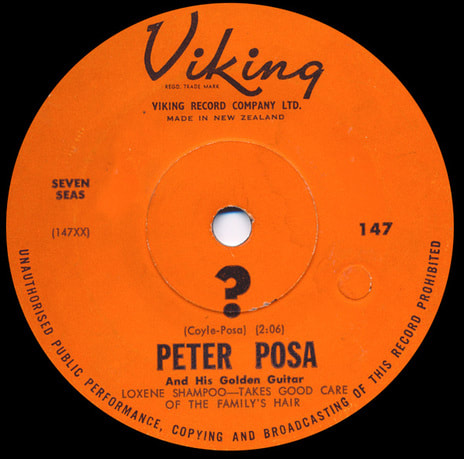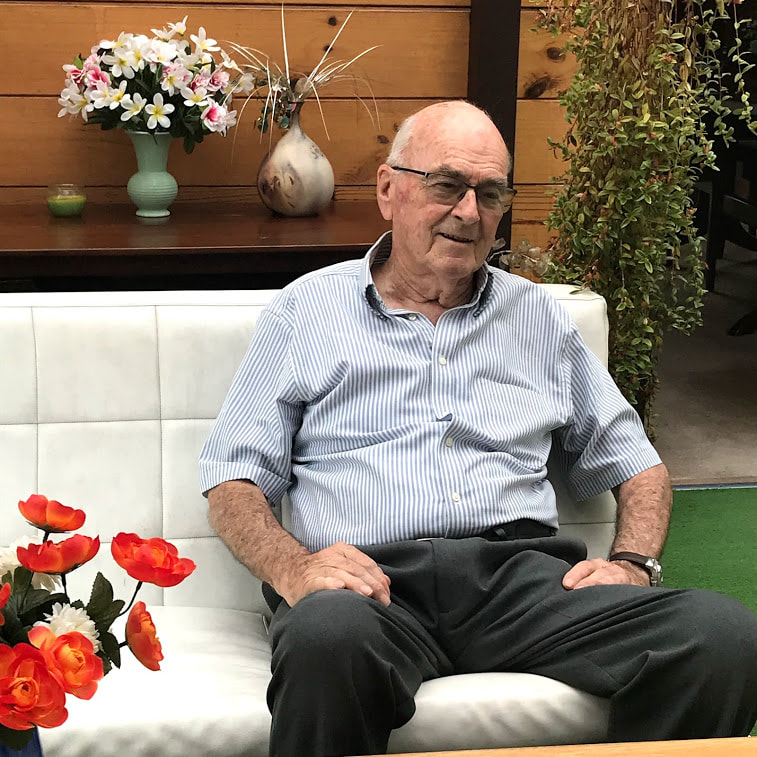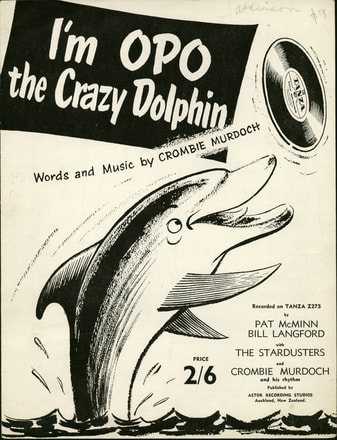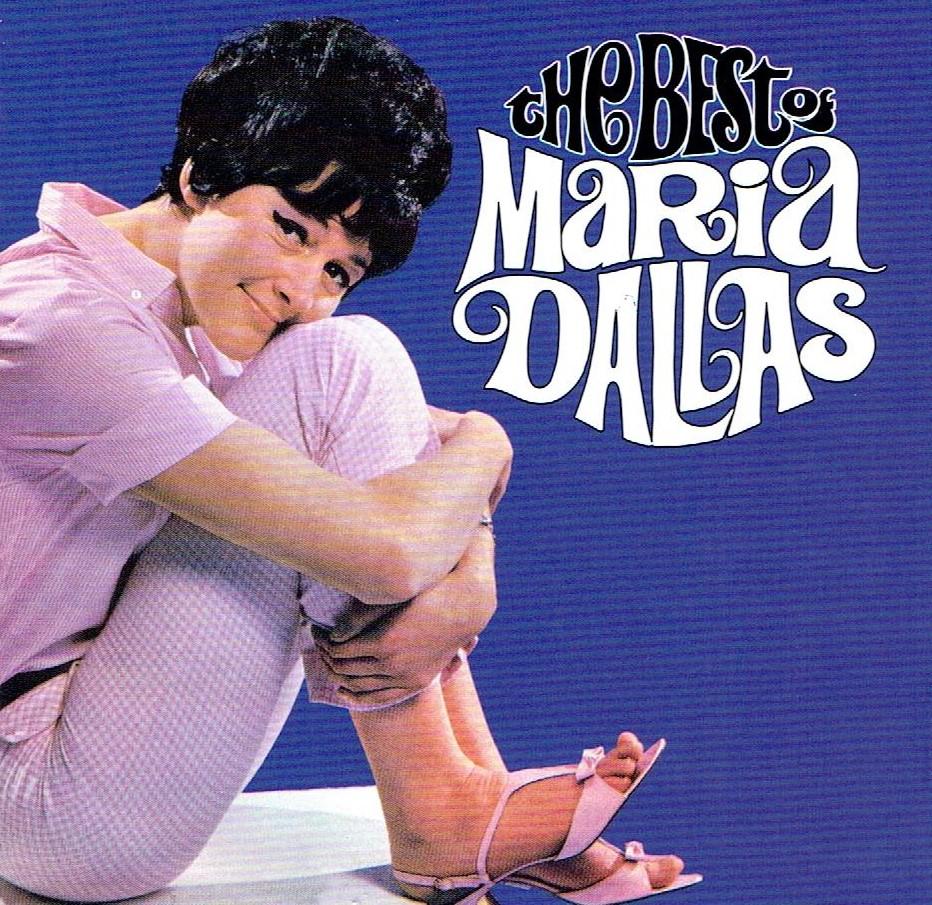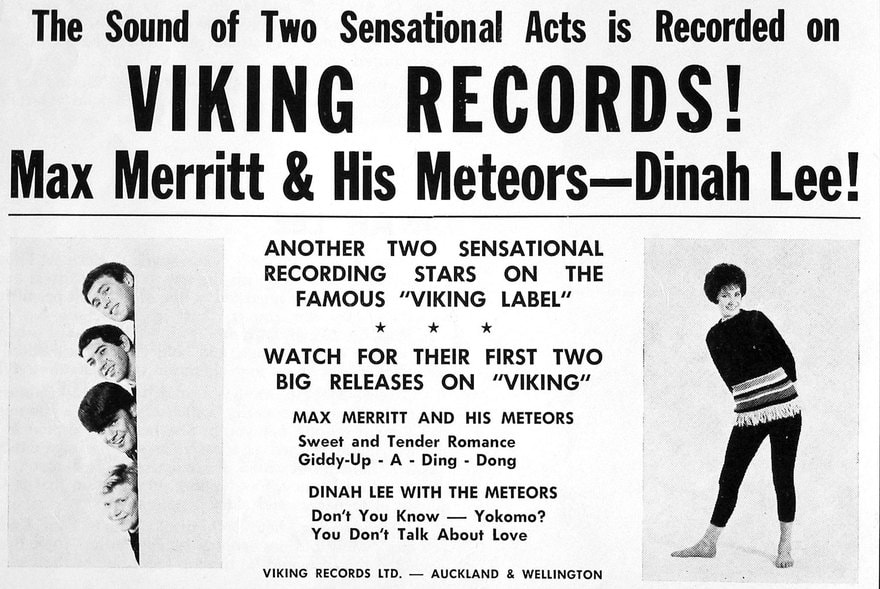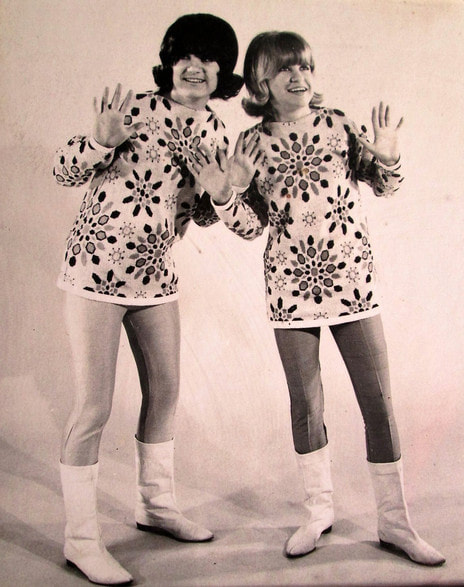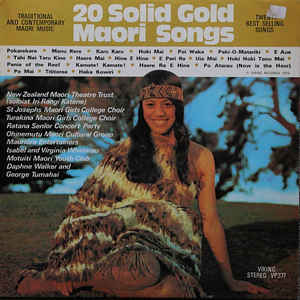‘In the Vault’ – a musical collaboration
|
The National Library of New Zealand is not ‘just about books and papers’, it also helps preserve and provide access to New Zealand’s rich musical history. This musical history is reflected in the extensive heritage collections of the Alexander Turnbull Library, which are developed, protected, preserved and made accessible in perpetuity for the people of New Zealand.
Today the Alexander Turnbull Library holds 50,000+ music recordings in the New Zealand and Pacific Published Collection. The library seeks to collect at least one copy of every release and edition dating back to the early 20th century. These include 78rpm discs, vinyl LPs, cassettes, CDs and around 15,000 born-digital releases. Over 10,000 scores are also held in this collection. Unpublished music material is preserved in the Archive of New Zealand Music, established in 1974 by our foremost classical composer, Douglas Lilburn. It comprises almost a thousand sub-collections from different musicians, composers, music groups, record labels, studios, and other organisations. Included are manuscripts, photographs, ephemera, personal papers, and around 16,000 unpublished recordings. You can now hear some of this large heritage music collection when you fly long-haul with Air New Zealand. |
Dr Michael Brown of the National Library has curated a new playlist for Air New Zealand's passengers to listen to – that showcases some of our best historical recordings. The project is a collaboration between Air New Zealand and the Te Puna Foundation – a charity associated with the National Library.
You can listen to Dr Brown talk about the project with Lynn Freeman on National Radio and play a section of tracks from the collections.
The ‘In the Vault’ playlist presents a journey through New Zealand and Polynesia’s diverse musical past, from Māori waiata to retro pop, island ukulele bands to jazz combos, art music to brass bands. The selections will be regularly refreshed.
Content has initially been drawn from the extensive back catalogues of two record labels, Viking and Video Pacific Communications (ex-Ode Record Company), who have donated their master tapes to the National Library. Music is also included from the CD series He Puiaki Puoro Treasures in Sound, produced by the National Library mainly in association with the Atoll label.
In 2018, Flying Nun Records donated their master tapes to the Alexander Turnbull Library, to be preserved and digitised. The library hopes that music from this collection will be included in time. They also hope to present recordings of works by Douglas Lilburn, the founder of the Archive of New Zealand Music, and other composers.
You can listen to Dr Brown talk about the project with Lynn Freeman on National Radio and play a section of tracks from the collections.
The ‘In the Vault’ playlist presents a journey through New Zealand and Polynesia’s diverse musical past, from Māori waiata to retro pop, island ukulele bands to jazz combos, art music to brass bands. The selections will be regularly refreshed.
Content has initially been drawn from the extensive back catalogues of two record labels, Viking and Video Pacific Communications (ex-Ode Record Company), who have donated their master tapes to the National Library. Music is also included from the CD series He Puiaki Puoro Treasures in Sound, produced by the National Library mainly in association with the Atoll label.
In 2018, Flying Nun Records donated their master tapes to the Alexander Turnbull Library, to be preserved and digitised. The library hopes that music from this collection will be included in time. They also hope to present recordings of works by Douglas Lilburn, the founder of the Archive of New Zealand Music, and other composers.
|
In recent years, the labels Viking and Video Pacific Communications have both donated original master tapes to the Archive of New Zealand Music. Masters are the original recordings from which consumer music releases derive. They are typically of far higher sound-quality.
With these collections, the Alexander Turnbull Library has undertaken to digitally capture the content using state-of-the-art equipment, and to preserve the original tapes. Digital copies are available for researchers at the library and are also supplied back to the labels. Over 100 albums have now been reissued on digital music services through these partnerships. Video Pacific Communications holds much of the back catalogue of the Ode Record Company, formed in 1968 by Terence O’Neill-Joyce. Ode released a diverse range of New Zealand and Pacific music, being particularly active during the 1970s and 1980s. Popular artists on Ode included Prince Tui Teka, Quincy Conserve and the Rodger Fox Big Band. Jazz was a particular speciality, with releases by many noted musicians, including Mike Nock, Space Case, Frank Gibson Jr, Alan Broadbent, and Brian Smith. Ode recorded widely throughout Polynesia, including artists from Rarotonga, Tahiti, Fiji, Samoa and Tonga. Their eclectic catalogue also extends to folk, new wave, and experimental art music. |
Viking Records was founded in 1957 by Ron Dalton, Jim Staples and Murdoch Riley, who became the sole owner in 1968. The Viking collection also includes masters from the labels Salem, La Gloria and Red Rooster, which were later acquired by the company.
Viking was the largest independent New Zealand label of the 1960s. Its roster included many local pop sensations of the day, including Dinah Lee, Howard Morrison, Peter Posa, Maria Dallas, and the Chicks. Other specialities included country, brass bands, and cabaret.
The label released numerous LPs by Māori cultural groups and was also very active in recording Polynesian musicians. These include Pacific-born migrants to New Zealand such as Bill Sevesi, Bill Wolfgramm, Will Crummer, and members of the Keil family, as well as many groups located back in the islands.
|
Library Life caught up with Murdoch Riley of Viking Records to hear more about the process. HH: Thanks for talking with us Murdoch, how did you come to be involved in this project? MR: I’ve always been conscious of trying to save our master tapes, I hadn’t decided what to do about them. I talked to the National Library some years ago but they had nobody who was really looking after that side of things properly or actively acquiring these tapes. Then Michael Brown came along, he’s the enthusiast who’s been going to the record companies and trying to get them to surrender their tapes to the library rather than let them disappear into the ether. What I’ve also done is make sure that when the masters are archived with the library I also upload the music to the internet. Lots of our early material is already going out of copyright and can be made available for future generations to listen to. Quite a proportion of the playlist for Air NZ comes from our label, which is rather nice. |
HH: I guess you were one of the few that were at the cutting edge back in the day, prioritising New Zealand music?
MR: It really came about because my first job, which I started in 1945, was in government broadcasting. I worked there for nine years and ended up being the person who ordered popular and classical records for the station. Later I worked in 2ZB in programming, so I got a great sense of what the public wanted and realised that, if I were to go out and start a company then I should concentrate on that popular music.
I got involved with popular music, Country and Western music, Island and New Zealand recordings. So, I went out on my own, after I left Radio Corporation (who were a major distributor of records through the Columbus Radio shops) and I had learned an awful lot working with them.
MR: It really came about because my first job, which I started in 1945, was in government broadcasting. I worked there for nine years and ended up being the person who ordered popular and classical records for the station. Later I worked in 2ZB in programming, so I got a great sense of what the public wanted and realised that, if I were to go out and start a company then I should concentrate on that popular music.
I got involved with popular music, Country and Western music, Island and New Zealand recordings. So, I went out on my own, after I left Radio Corporation (who were a major distributor of records through the Columbus Radio shops) and I had learned an awful lot working with them.
|
I was working with a chap called Noel Peach who ran Astor Recording Studios, I was finding the songs for him and he was doing the recordings. The biggest problem I had with recordings in those times was... Have you heard of Opo the crazy dolphin? Well, the song was recorded by Noel Peach and sent down to me be released and right at that moment this blinking dolphin was trapped on a beach up north! The whole country was in mourning! I hadn’t yet released the record and I thought ‘What do I do?’ I went ahead and released it but I had strong misgivings, I thought the public might be against it but it was received well.
We also had a lot of back catalogue but because of troubles in their plating department they weren't able to get them re-pressed, so another reason for going out on my own was to re-record people like Cole Wilson and the Tumbleweeds and Daphne Walker because they weren’t available and people still wanted them. So I got started with that and went on from there. I suppose, in the long term, I felt I wasn’t using very much creativity. Over time, I developed an ability to select songs but I wasn’t too hot on recording artists. Fortunately, one of my original partners, who was a salesman, turned out to be good at recording – with the technical knowhow. He also had the ability to deal with people. For a long time I never had my name in the phone book because people would call at midnight wanting a record deal. Fortunately, I found an ability to write books. Which is what I’ve done in more recent years. |
HH: Yes, you’ve got quite an amazing back catalogue now. One of the books that springs to mind is Maori Healing and Herbal.
MR: Well I’ve done a great big one for the proverbs too – I’ve been working hard at revising Wise Words of the Māori. It’s got a new index so it’s much easier to search now. It’s due out March or April.
HH: Yes, you’ve got quite an amazing back catalogue now. One of the books that springs to mind is Maori Healing and Herbal.
MR: Well I’ve done a great big one for the proverbs too – I’ve been working hard at revising Wise Words of the Māori. It’s got a new index so it’s much easier to search now. It’s due out March or April.
|
HH: Fantastic, we’ll have to find out more when it’s released! Can you tell us a little about the process of archiving the master tapes?
MR: Well, I was just as keen as Michael Brown to get them into the proper hands. I still have a lot of them in our warehouse in Paraparaumu, there’s probably another thousand to go into the library. It’s quite a massive job getting the materials together and it started two years ago. I was good at keeping the master tapes, but people seem to be keen for the original cover as well but I didn’t keep a lot. So, one of my big problems is finding covers. In some cases the National Library themselves have done me a favour by having the covers. Occasionally the covers have price stickers on them saying two and sixpence or something so they have to Photoshop out the sticker. I’m gradually working my way through that thousand that are still sitting up there – getting it all together. I have to find out who wrote the original song, who’s the music publisher (if there is one) – all that detail has to go forward with the master tapes in case there’s any claim on copyright. So, just getting one album through can be a job. Then Michael deals with the digitising. I’ve done all the early pop artists that we recorded – Dinah Lee, Maria Dallas, Peter Posa. I’ve got all their material. |
HH: Peter Posa, he was a character.
MR: He died only last year. His was a pretty sad story – becoming ill and losing his creative abilities as a guitarist to an extent. He could play the guitar but he didn’t have the excitement he’d had in the early recordings. Mind you, I think the carrots helped.
HH: The carrots?
MR: When we came to release his LP White Rabbit how would you promote it to the disc jockeys? We sent out carrots and it got their attention! Which was something we had to do at an early stage in the record industry. We had to fight to get our records on the air because the disc jockeys didn’t want any local recordings at all. In those days the musicians could be toured around New Zealand, possibly Australia and very rarely, perhaps, to England and that was about it. We took Maria Dallas to National and got her on RCA but it was a struggle. It’s lovely to see New Zealand musicians performing all around the world now and the standard of recording has gone up.
HH: I guess the internet makes things a lot more accessible now?
MR: Yes, and it’s interesting now to see from the royalty returns where people are listening to our music – what countries. As far as the money is concerned it’s peanuts, you get almost nothing. People like Lorde would do very well but for our material it’s run of the mill stuff and quite old.
MR: He died only last year. His was a pretty sad story – becoming ill and losing his creative abilities as a guitarist to an extent. He could play the guitar but he didn’t have the excitement he’d had in the early recordings. Mind you, I think the carrots helped.
HH: The carrots?
MR: When we came to release his LP White Rabbit how would you promote it to the disc jockeys? We sent out carrots and it got their attention! Which was something we had to do at an early stage in the record industry. We had to fight to get our records on the air because the disc jockeys didn’t want any local recordings at all. In those days the musicians could be toured around New Zealand, possibly Australia and very rarely, perhaps, to England and that was about it. We took Maria Dallas to National and got her on RCA but it was a struggle. It’s lovely to see New Zealand musicians performing all around the world now and the standard of recording has gone up.
HH: I guess the internet makes things a lot more accessible now?
MR: Yes, and it’s interesting now to see from the royalty returns where people are listening to our music – what countries. As far as the money is concerned it’s peanuts, you get almost nothing. People like Lorde would do very well but for our material it’s run of the mill stuff and quite old.
HH: What countries do you see royalties coming in from?
MR: You name it! Royalties from European countries are collated before we see them so we don’t see the individual countries, but the UK comes directly. Lots of African countries, Indonesia. We did a recording, which was aimed at the Polynesian market, of The Twist (not in English) and it's taken the fancy of the Indonesians. Over the last two months seven or eight thousand people have listened to it. Payment is only about one cent a listen though! Nevertheless it’s fantastic to see where the interest lies. For example, we did a live recording in 1958 or 59 of Flamenco music performed in the Wellington Opera House and we’re now getting returns from Europe, presumably from Spain.
HH: Where online is your music available?
MR: Apple and Spotify, it’s all part of the process to make the material available right around the world. It costs me money, it doesn’t make me money, but it’s well worth it to have our music available. So, I’ve extended past the pop music to brass bands and so on, so people can see the range we have.
HH: How many albums has the Turnbull Library got through so far? How many more years are there worth of recordings to go do you think?
MR: I can’t talk figures, other than to say that I’m up to about 5,000 individual tracks available online. Of course, I’m nowhere near finished, I’ll probably never finish the whole catalogue!
HH: So what’s next?
MR: What I’m doing now is going through a whole series of Polynesian recordings, which have sold well in different Islands, and making that available. Including a number of tracks that the National Library didn’t know about because they were never issued in New Zealand. We recorded them and made them available in Fiji or New Guinea – pressed them and made them available to the countries concerned – but didn’t worry about New Zealand. Now about a third of royalties for the Polynesian music is from New Zealand.
MR: You name it! Royalties from European countries are collated before we see them so we don’t see the individual countries, but the UK comes directly. Lots of African countries, Indonesia. We did a recording, which was aimed at the Polynesian market, of The Twist (not in English) and it's taken the fancy of the Indonesians. Over the last two months seven or eight thousand people have listened to it. Payment is only about one cent a listen though! Nevertheless it’s fantastic to see where the interest lies. For example, we did a live recording in 1958 or 59 of Flamenco music performed in the Wellington Opera House and we’re now getting returns from Europe, presumably from Spain.
HH: Where online is your music available?
MR: Apple and Spotify, it’s all part of the process to make the material available right around the world. It costs me money, it doesn’t make me money, but it’s well worth it to have our music available. So, I’ve extended past the pop music to brass bands and so on, so people can see the range we have.
HH: How many albums has the Turnbull Library got through so far? How many more years are there worth of recordings to go do you think?
MR: I can’t talk figures, other than to say that I’m up to about 5,000 individual tracks available online. Of course, I’m nowhere near finished, I’ll probably never finish the whole catalogue!
HH: So what’s next?
MR: What I’m doing now is going through a whole series of Polynesian recordings, which have sold well in different Islands, and making that available. Including a number of tracks that the National Library didn’t know about because they were never issued in New Zealand. We recorded them and made them available in Fiji or New Guinea – pressed them and made them available to the countries concerned – but didn’t worry about New Zealand. Now about a third of royalties for the Polynesian music is from New Zealand.
|
HH: Is there an album or an artist that you’re particularly proud of?
MR: I think you’re always proud of the ones that have sold well! There are all sorts of things you think about when you’re re-issuing records, even the failures – the artists that didn’t quite make it. A year ago, a Wellington artist named Lyn Barnett, who made an LP and some singles for us, died in Sydney. There was no demand for her material but I re-issued because of the circumstance. She had become a recluse, she hadn’t been in touch with anybody and she’d been dead for some time before they found her. We have an LP of Lyn where she’s a bright young teenager, singing joyful songs and I thought ‘I’m making that available again!’ It wasn’t something I would have rushed to put out again but I thought in memory of her… You lose track of people and she was one I’d lost track of. Life’s journey doesn’t always go the way you’d expect. Maria Dallas married a pilot and they travel around the world a lot and she just disappeared from the record industry totally. Dianah Lee is still singing somewhere in Queensland, she’s still at it, which is fantastic! I just spoke with Sue from The Chicks and she’s still going strong, she’s just done a concert with the Auckland Symphony Orchestra, she was a bobby socks kid. It’s been nice to see how many have done so well and achieve what they wanted in music but there’s sad stories as well. Once I got going with book publishing I stepped back from the music side, the industry is so fast moving it’s hard to keep up with all the trends, after just a month away I realised ‘I’m not going to be able to get back into this!’ But I found something else, with the books, to keep my mind occupied. HH: Thanks so much Murdoch for sharing your wonderful stories with our readers. |

